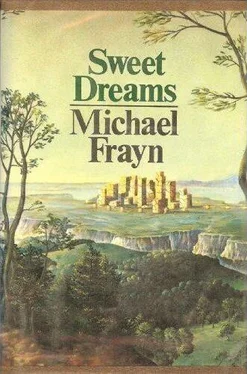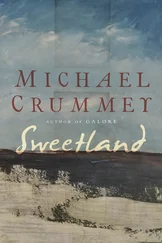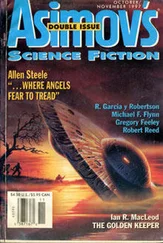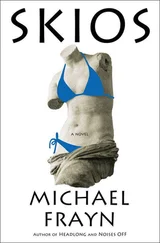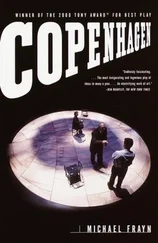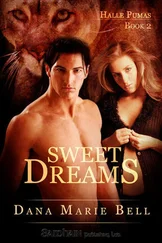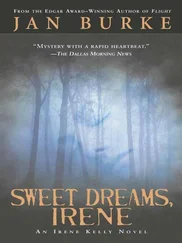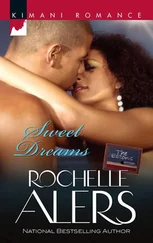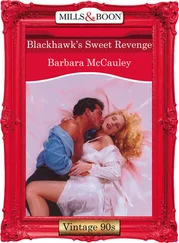“We couldn’t leave you here on your own,” says Prue Chase, as Howard kisses her and hands a bottle of wine to Roy, her husband. “We knew you’d get all lonely and homesick.”
“Oh God!” says Howard. “You didn’t all move here just because of me?”
“When we heard you were here we thought what fun it would be,” says Roy urbanely. “We’re very grateful to you.”
“Dear Howard!” says Prue. “It is lovely to see you!”
She is a small, pious, affectionate girl of sharp intelligence, all of it devoted to the cherishing and advancement of her friends. Howard hugs her, and has to look away for a moment, he is so moved.
“Come and have a quick tour of the house,” she says, taking his arm, “before we go in and meet the others.”
The house moves him, too, its style is so familiar in spite of its strangeness. When the Chases found it, it was a home for unmarried mothers. Now the walls are white and the floors sealed. Carpets and cushions glow in warm colours against the white paintwork and the pale yellow wood, and little pools of lamplight draw the eye to books and magazines, and flowers, and elegant chromium toys illustrating the Law of the Diffusion of Gases and the Uncertainty Principle.
“You can just see the sea from the nursery,” explains Prue, “and if you stand on the loo and look out of that little window you can see all those cloverleaf intersections you drove over on the way in. You’re not going to believe this, but we got this place for three hundred and ninety-nine million!”
When she takes him into the living-room there is a kind of roar, and a man emerges from the background of people and easy chairs and advances upon Howard, his arms outstretched, his deep, dark eyes raking back and forth over Howard’s face, soaking it in with eager amazement. This is Michael Wayland, who appears on television a lot, and who as a consequence can never remember anything unless it’s written on the Teleprompter, or held up beside the lens in front of him. He won’t remember Howard’s name, for instance.
“Howard!” he cries. He has! But this is the most flattering thing that has ever happened to Howard!
“Well done,” murmurs Prue.
Michael holds Howard by the upper arms, to take in his corporeal presence through his finger-tips, and to keep him at the right distance for gazing at in astonishment.
“But, Howard, this is extraordinary!” he says. “That you should be over here too!”
A shout of laughter goes up from the room. Michael looks round at them all.
“Oh God,” he says. “Have I done it again?”
“I don’t believe it!” gasps Prue. “Michael, the reason we all moved here was that Howard was here already!”
“Oh Christ,” says Michael, smiling, pleased with himself.
“You don’t realize,” says Myra, Michael’s wife, from the far end of the sofa, “the fantastic thing is that we went through all this scene twenty minutes ago, in the car on the way here. ‘Don’t forget,’ I said, ‘that Howard Baker ’s going to be there.’ ‘Howard Baker’s over here?’ he shouted. He almost ran us into the back of a streetcar.”
Michael laughs. Howard laughs. Prue and Roy laugh. They are all happy that nothing has changed. Even the other two guests laugh — a woman called Pattie whose husband has just left her, and a man whose name Howard doesn’t quite catch. “He lives just down the road,” explains Prue. “We thought you’d like to meet one of the natives, in case you haven’t already. As a matter of fact he was at Cambridge just after us.”
Howard is deeply moved. There is always a woman at the Chases’ dinner parties whose husband has just left her. There is always a man from just down the road, or the basement flat, or the office, whose name Howard doesn’t quite catch, and who was up at Cambridge just after all the rest of them.
The meal starts with taramasalata .
“I’m sorry,” says Prue. “I always serve taramasalata .”
“Yes,” says Howard, contentedly.
The next course is gigot aux haricots .
“I think you’ve had this at our house, too, haven’t you?” says Prue.
“Yes,” says Howard, sighing. “Many, many times.”
They eat. They drink. They talk. Howard can hear his own voice, talking smilingly, deeply, effortlessly, about secondary education and the nature of human happiness and the price of houses. A sense of well-being, of transformation and enlightenment, penetrates to the very marrow of his bones. He has a mystical experience. Each of his friends around the table, he realizes, is surrounded with a kind of aura. Their faces emanate a radiance, though whether he actually sees this with his eyes or knows it by some sort of deductive process he is not entirely sure. The radiance is the manifestation of their virtues; of their industriousness, their honesty, their interest in the appearance of the world, their pleasure in life, their unchanging-ness, their being who they are.
Even the man whose name Howard didn’t catch, and who was at Cambridge just after him, is glowing faintly.
Prue is almost incandescent.
When people speak, their words emerge in illuminated manuscript, glowing with gold and angelic blue, tangled with flowers and tiny peasants labouring in the yellow corn.
“You must have been up with the famous Ord Gaunt?” says the man whose name Howard didn’t quite catch, and the dense Middle English blackletter in which the words are uttered exactly matches their resonant profundity.
“Yes, we were,” says Prue, “and he wore luminous green socks even then.”
The words “luminous green socks” are luminous, green, socklike.
They all laugh at the sight. Each laugh, observes Howard, looking chiefly at the laughter emerging from himself, is rounded and polished, as if cast in weathered bronze. Their shoulders shake, hingeing up and down on well-oiled ball-and-socket joints made of stainless steel.
They have apple crumble, of course. Then Howard sits back and tells them about the terrible balls-up he made of his arrival in the city. He is famous for the balls-ups that seem to happen around him, and for the modest, humorous accounts he gives of them. They all listen with smiles beaten out of soft gold already on their lips.
As soon as he looked out of the window on the morning after he arrived (he tells them) and saw what the place was like, he realized that it was based on the tutorial system. Somewhere there would be a tutor waiting to see him — some easy-going, amiable man, not old, but a few years older than himself, with whom he could drink sherry on slightly deferential terms, and to whom he could apply for permission to hold parties, keep a car, and ride to hounds. Clearly his first task was to call on him and announce his arrival.
It wasn’t easy to find out who this tutor was supposed to be. He walked all over the city, looking for windswept gateways and corridors with notice-boards in them. Every time he found one he held all the flapping notices down one by one, and read through lists of hockey teams, and announcements of meetings to be held by religious societies. At last he found a neatly typed sheet of crested notepaper which said: “Mr. Brice will see freshmen in C4 between 11:00 A.M. and 1:00 P.M.”
Mr. Brice, it turned out when he got to C4, was not older than himself at all. In fact he was about ten years younger — a chubby young man with a very smoothly shaven pink face, bulging urbanely under the jaw. He was married, with two children, Howard discovered later, but was on bad terms with his wife, a French girl whom he had met when she was at one of the English-language schools in the city. He often put his pupils off from tutorials because he was at the television studios, smilingly outlining rather shocking views about constitutional history, and the role of the trade unions. All this was by the way, however, except that it lent background and depth to the smile he gave Howard as he shook hands.
Читать дальше
